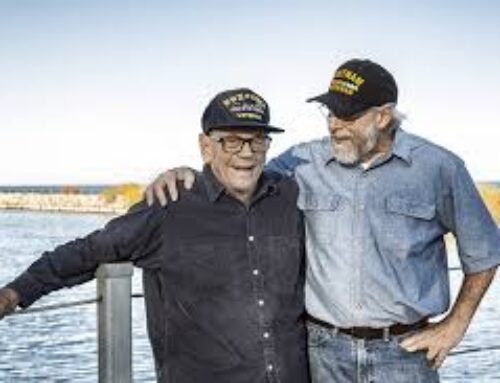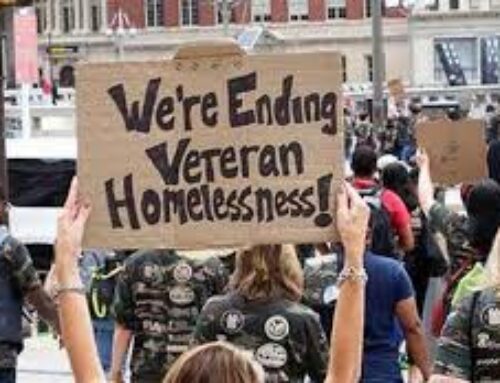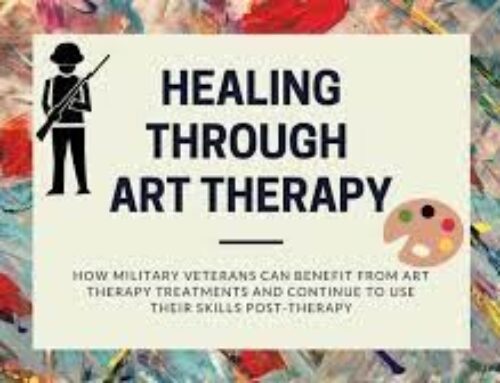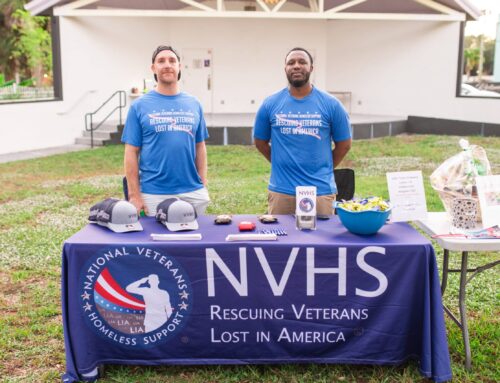The Role of Nutrition and Exercise in Supporting Veterans’ Mental and Physical Health
The transition from military to civilian life can pose numerous challenges for veterans. Among these challenges, maintaining optimal mental and physical health is paramount. In this quest, the twin pillars of nutrition and exercise emerge as potent allies. This article explains how nutrition and veteran life are intertwined and how a regular exercise regimen can significantly impact the well-being of our veterans.
Nutrition for Veterans: A Cornerstone for Health
Nutrition plays a quintessential role in supporting both the physical and mental health of veterans. A balanced diet — rich in essential nutrients — can significantly ameliorate common health issues veterans face such as obesity, diabetes, and cardiovascular diseases.
- Tailored Nutritional Plans: Individualized nutrition plans can address specific health issues, ensuring that veterans receive the necessary nutrients to support their overall well-being.
- Mental Health Support: Adequate nutrition can also play a significant role in managing symptoms of PTSD and other mental health conditions common among veterans.
VA health resources can offer comprehensive information and support in tailoring a nutrition plan to meet the unique needs of veterans.
Embracing the Outdoors: The Multifaceted Benefits of Exercise for Veterans
Exercise is instrumental in fostering physical health and promoting mental resilience. Here are some key advantages of exercise for veterans:
- Physical Fitness: Regular exercise helps in maintaining a healthy weight, improving cardiovascular health, and enhancing overall muscle strength.
- Mental Resilience: Activities such as running, hiking, or group sports can significantly reduce symptoms of depression, anxiety, and PTSD.
Transitioning from military to civilian life includes adopting a consistent exercise routine which can be pivotal in supporting mental health.
Veteran Exercising: A Path Toward Holistic Wellness
Engaging in regular exercise regimes can foster a sense of community, routine, and purpose for veterans. These factors are often instrumental in smoothing the transition to civilian life, and can include:
- Group Exercises: Engaging in group exercises or joining a local veterans’ exercise group can promote social interaction and mutual support.
- Outdoor Activities: The benefits of outdoor exercise for veterans are manifold, including exposure to natural settings, which is known to promote mental well-being.
“How Service Animals Can Benefit Veterans” highlights how incorporating outdoor walks with service animals can also serve as a form of physical exercise and mental relaxation.
The synergy between nutrition and exercise is undeniable in promoting the holistic health of veterans. By embracing a balanced diet and a consistent exercise routine, veterans can significantly improve their quality of life and ease the transition into civilian life. Moreover, addressing PTSD through a multidimensional approach including proper nutrition and regular exercise can pave the way for a fulfilling and healthy life post-service.
National Veterans Homeless Support seeks to eliminate homelessness among veterans in Central Florida and nationwide. NVHS takes a proactive, intervention-based approach to homelessness by meeting homeless veterans where they are and helping them from there. Through programs like Search and Rescue Outreach, NVHS helps homeless veterans get the supplies they need to survive, connects them with support and resources, and helps them transition off the streets and into temporary or permanent housing. Some of our programs also include art therapy to help veterans heal. If you’re able, consider supporting our mission by donating or signing on as a volunteer.





